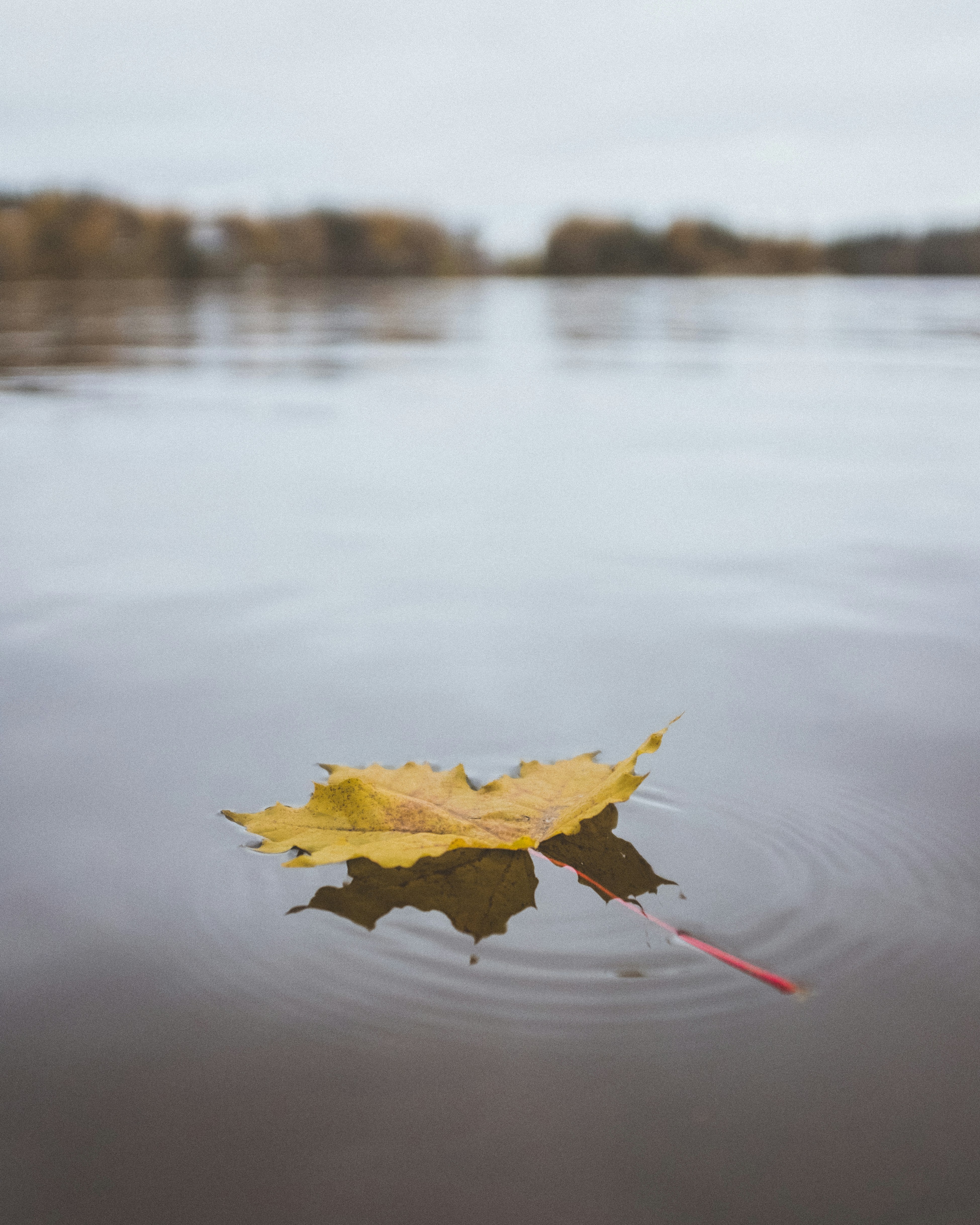
We, sighing, said, “Our Pan is dead;
Thoreau’s Flute, Louisa May Alcott
His pipe hangs mute beside the river;—
Around it wistful sunbeams quiver,
But Music’s airy voice is fled.
Spring mourns as for untimely frost;
The bluebird chants a requiem;
The willow-blossom waits for him;—
The Genius of the wood is lost.”
I was first introduced to Thoreau in a high school English class over 20 years ago. After that first lesson I immediately went to the local library and checked out every book by and on Thoreau they had (which wasn’t much beyond Walden and a book of quotes). I spent the rest of that semester in the arms of a large maple tree in my front yard reading Thoreau. Without realizing it at the time I was establishing a lifelong relationship with him and to my place, my home.
Naturally, as I’ve gotten older, my perspective on many things has changed, including Thoreau. Yet despite my changing views he has been a constant companion, much like the landscapes in which I read his words have been: first that tree in my yard, later the mossy bed under a red maple at a local park, and most recently a deep ravine lined with hemlock. What initially captivated my idealistic and impressionable high school self —that popular description of Thoreau as self-reliant forest hermit who left society to live a simple and natural life in the woods —is no longer what keeps me in relation with him. Any relationship, if it endures, must change and grow. Not only does that inherited view of Thoreau’s life and work not appeal to me any longer, I’ve learned how it has prevented me from more fully receiving what he has to offer.
I, too, would fain set down something besides facts. Facts should only be as the frame to my pictures; they should be material to the mythology which I am writing; not facts to assist men to make money, farmers to farm profitably, in any common sense; facts to tell who I am, and where I have been or what I have thought: as now the bell rings for evening meeting, and its volumes of sound, like smoke which rises from where a cannon is fired, make the tent in which I dwell. My facts shall be falsehoods to the common sense. I would so state facts that they shall be significant, shall be myths or mythologic. Facts which the mind perceived, thoughts which the body thought.
Thoreau, Journal, 9 November 1851
Reading Thoreau, especially Walden, as anything other than mythology not only misrepresents his own views on his life and work but also erects a barrier that keeps the reader from engaging with the material. As a reader I am not merely a witnesses to but a participant in the creation and recreation of his mythic life.
Myth used to be a context sensitive relational experience, a dialogue with a specific place; it lived in breath, it lived in community, you had to resurrect it each time you told it and adapt it. Myth was created to be a vessel for ecological wisdom—narratives travel and are more easily remembered in oral cultures. And so a myth can also be a map of relationships in a place that you see of course, deities or figures, but they’re really anthropomorphized elementals, who are telling you how to correctly inhabit a specific ecology.
Sophie Strand
When I started reading Thoreau all those years ago I was, unconsciously, learning how to relate and dialogue with my specific place — how to become indigenous to my place, as Robin Wall Kimmerer puts it. Walden is, perhaps, better understood not as biography but as myth. That is, Walden is not a collection of facts and literal descriptions merely, but a spatial and temporal map of the relationships forged between Thoreau and his particular environment, one in which he is learning how to correctly inhabit that ecology. Perhaps most importantly for those of us who desire to become intimately connected to our own unique ecological contexts and roles, Thoreau models how to do that: Walden and all of his writings are guides for knowing and relating to our homes.
In Alcott’s poem Thoreau is the Pan of Concord, an Orpheus or Dionysus that invites us, in our specific contexts and ecologies, to inhabit our purely sensuous lives, drink the wine of each season as it passes, to die as gracefully and ripe as the leaves in autumn. This is precisely why I keep coming back to Thoreau year after year: his entire life is a mythic vessel for ecological wisdom, fruiting and flowering throughout different places and times, guiding us towards a life lived deliberately and in deep relation to the human and more than human.
Reply